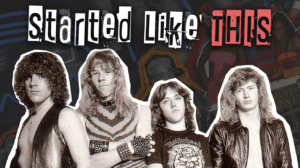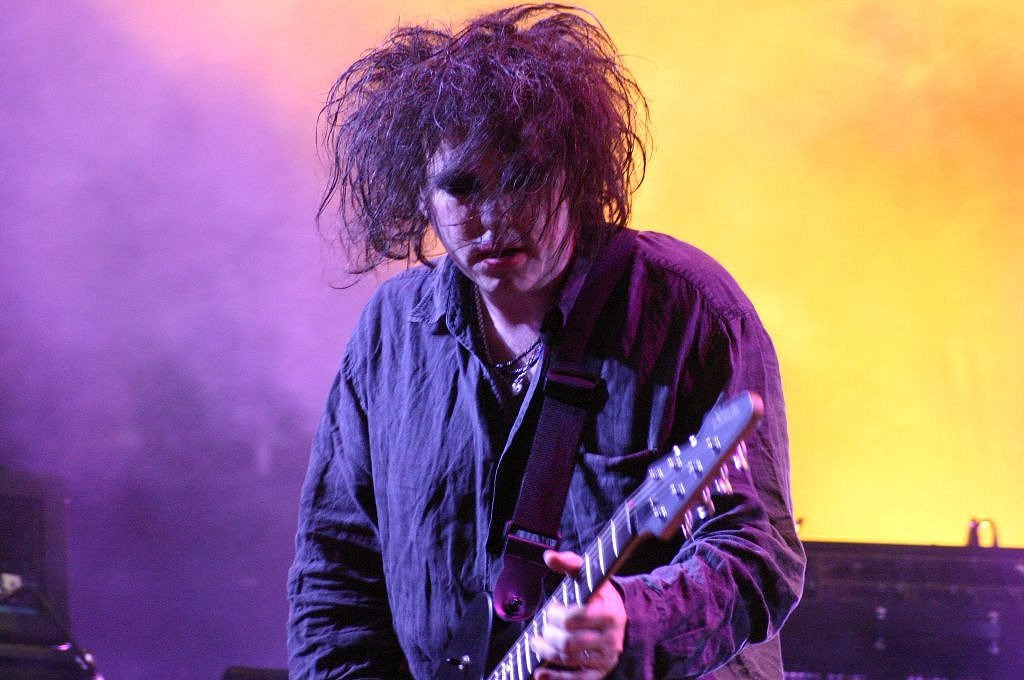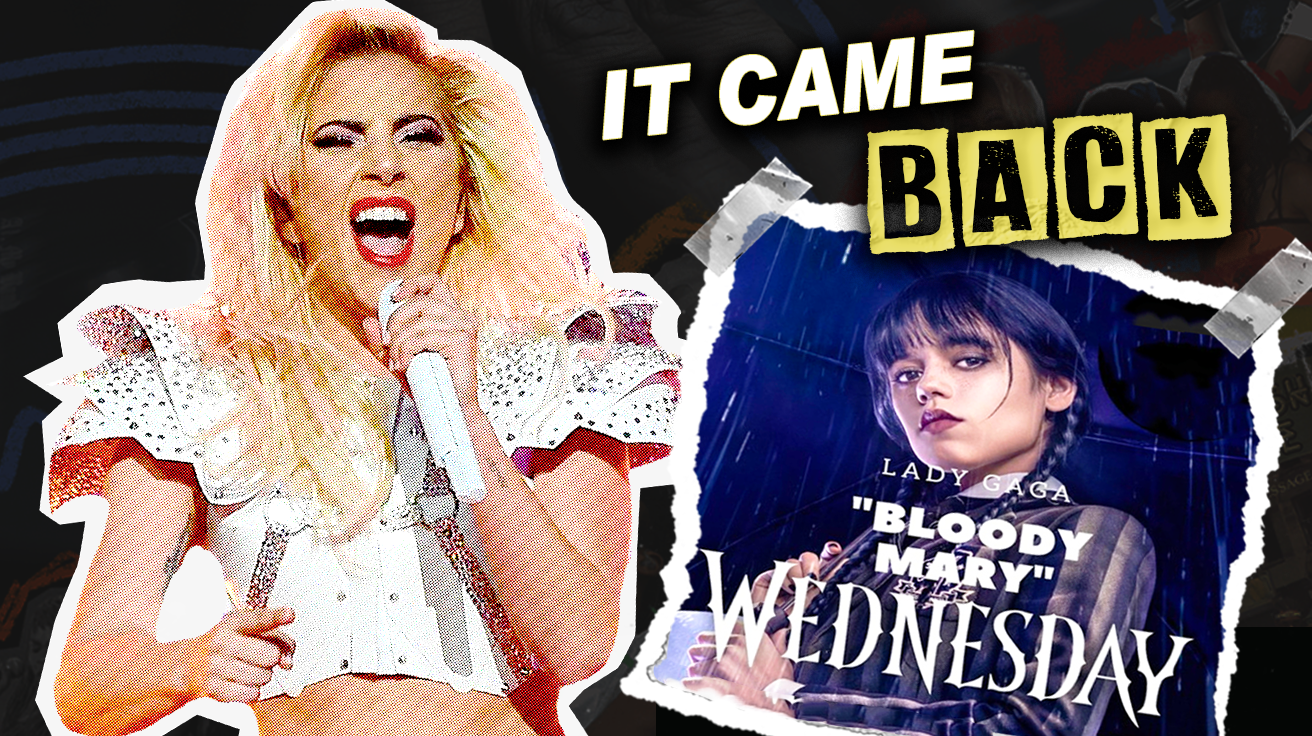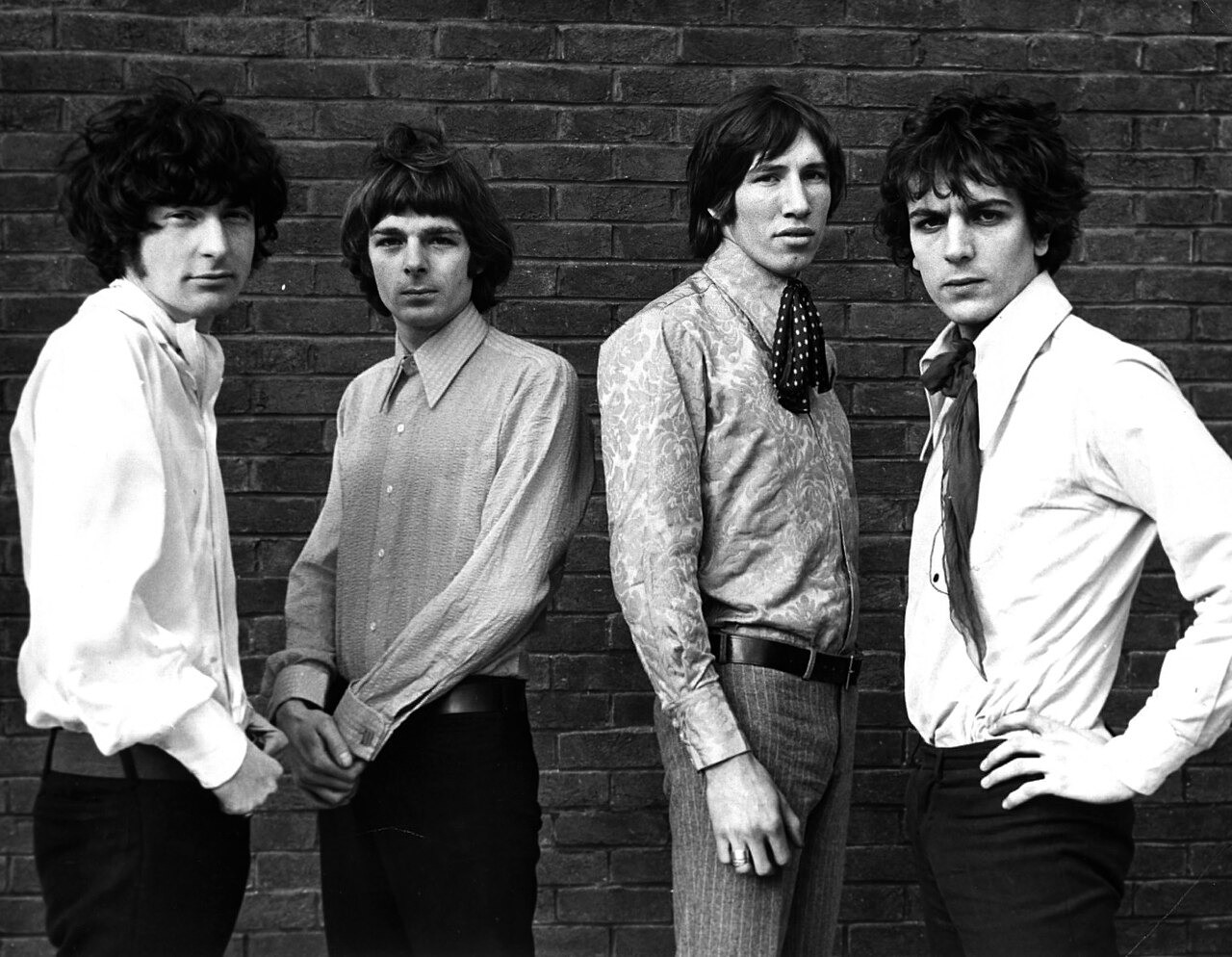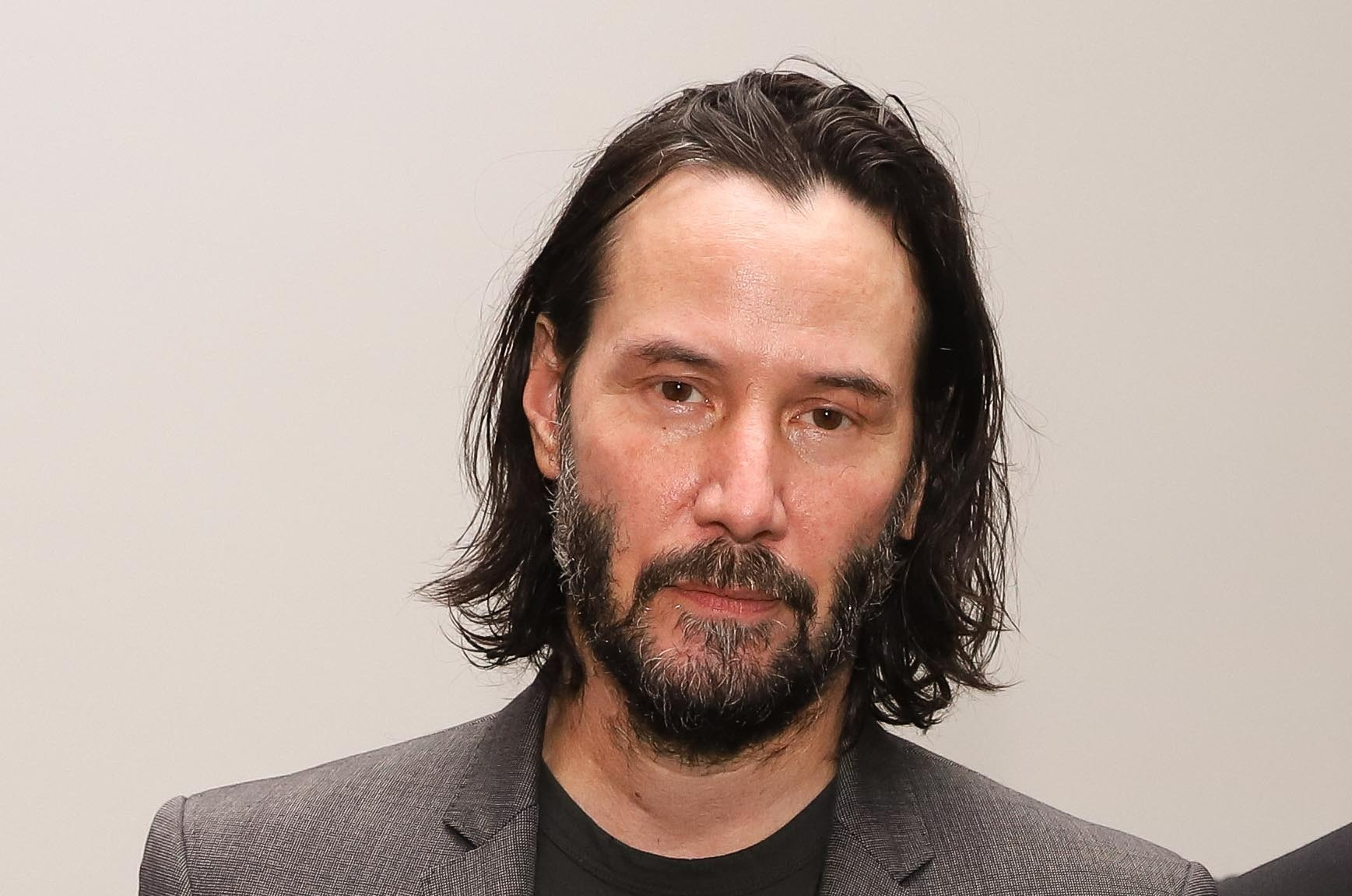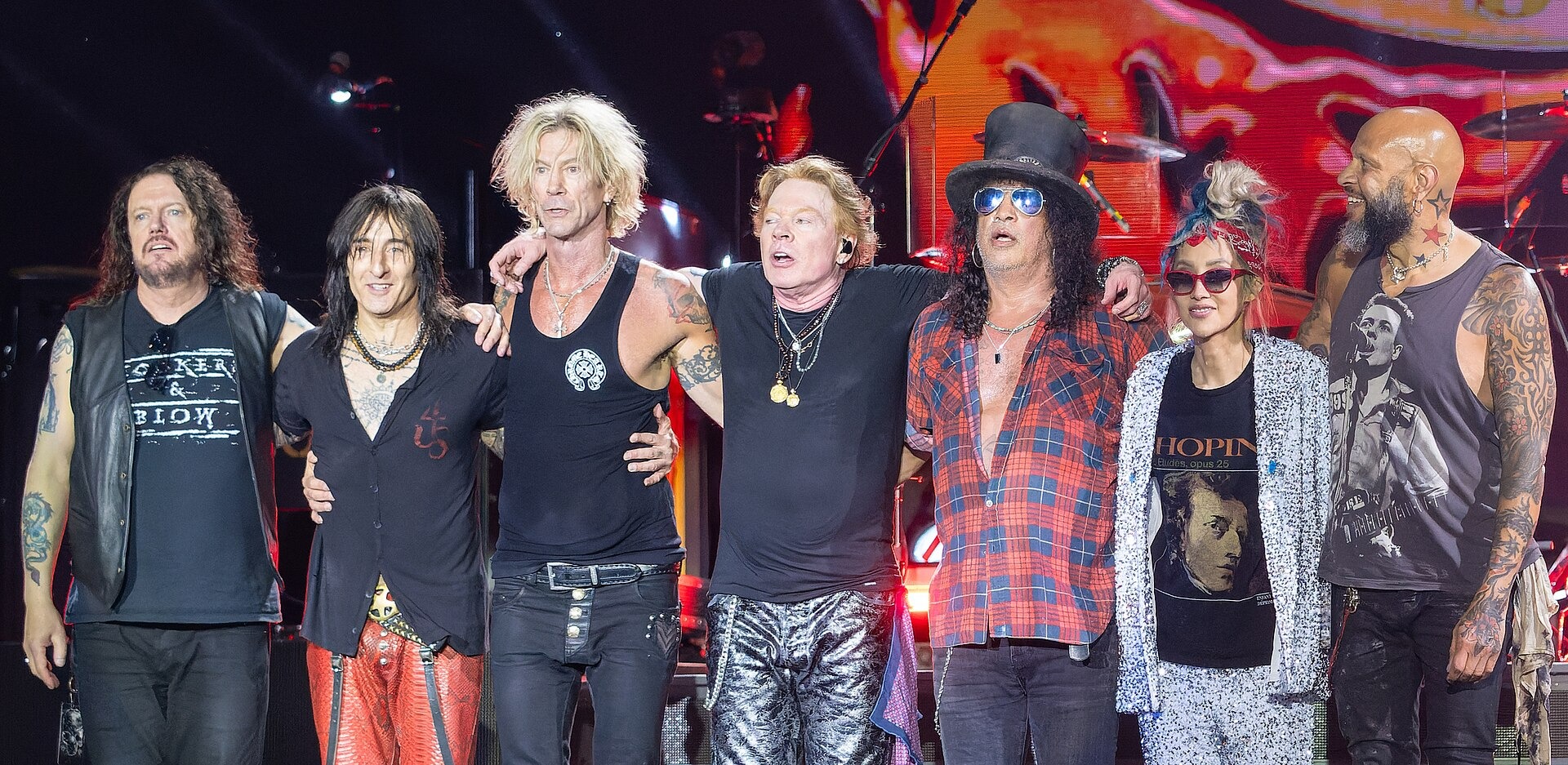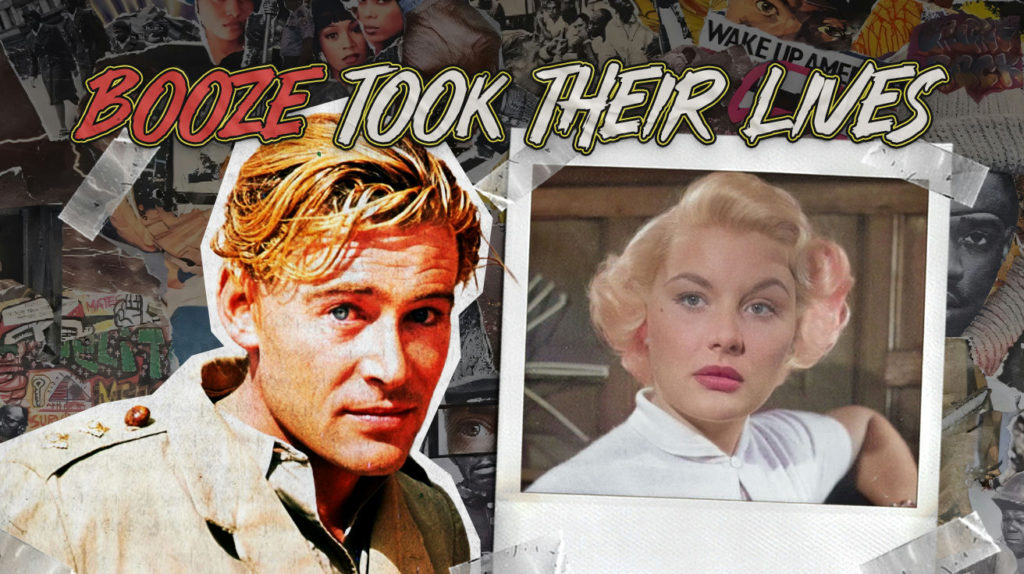
Hollywood’s glittering facade masks a recurring tragedy—legendary performers whose extraordinary talents couldn’t overcome addiction’s relentless grip. The journey from fame to addiction reveals human stories of how an industry that creates dreams often lacks systems to protect its dreamers. From silent film pioneers to swashbuckling icons, these stars achieved immortality on screen while losing private wars against substances that promised relief but delivered destruction. Their stories illuminate addiction’s universal power to dismantle even the most gifted lives.
10. John Barrymore: When the Great Profile Crumbled
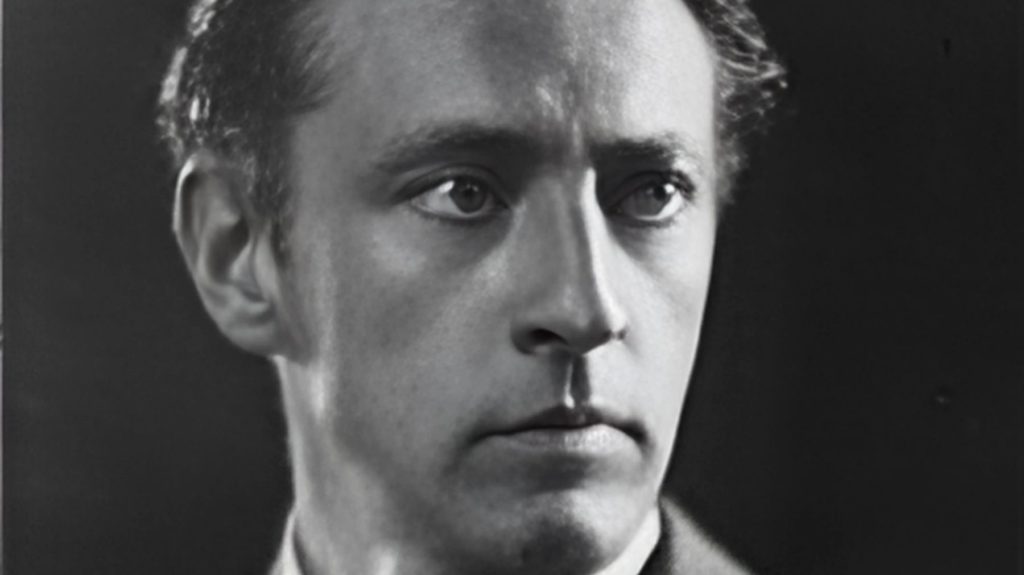
The celebrated Barrymore dominated Shakespearean roles with unmatched presence, called “the greatest living American tragedian” for his portrayal of Hamlet. But offstage, alcoholism directed his final act with devastating precision.
His addiction reached such desperate levels that he drank perfume when friends denied him liquor, along with mouthwash, kerosene, and anything containing alcohol until violently ill. Memory loss forced this master of language to rely on cue cards for lines—his lines had to be scrawled on off-camera blackboards. Barrymore died at 60, his final years defined by physical deterioration rather than artistic achievement.
9. Errol Flynn: Living Fast in “Cirrhosis by the Sea”
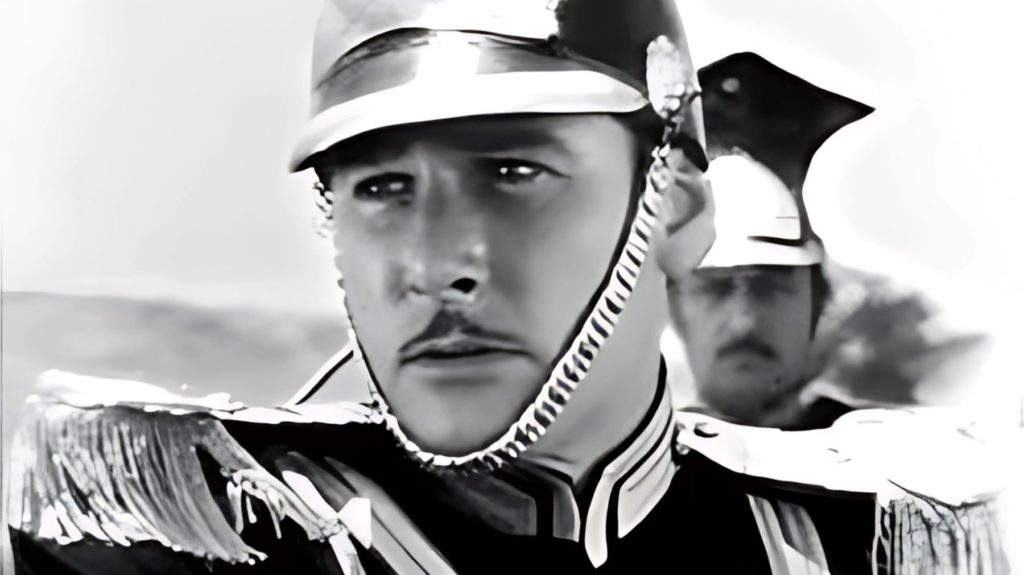
Flynn’s Malibu residence earned the nickname “Cirrhosis by the Sea”—a darkly appropriate title for where Hollywood’s swashbuckling hero gradually destroyed himself. On screen, he embodied adventure and charm; off-screen, his hard-partying lifestyle exacted a brutal toll.
The warning signs appeared early when Flynn collapsed in an elevator while still in his early 30s—his body sending desperate distress signals he chose to ignore. Despite clear evidence that his health was failing, he maintained his self-destructive course. Flynn died at just 50, his youthful screen image preserved in films while his actual body betrayed the reality of his choices.
8. Bernard Lee: The Secret Service’s Secret Struggle
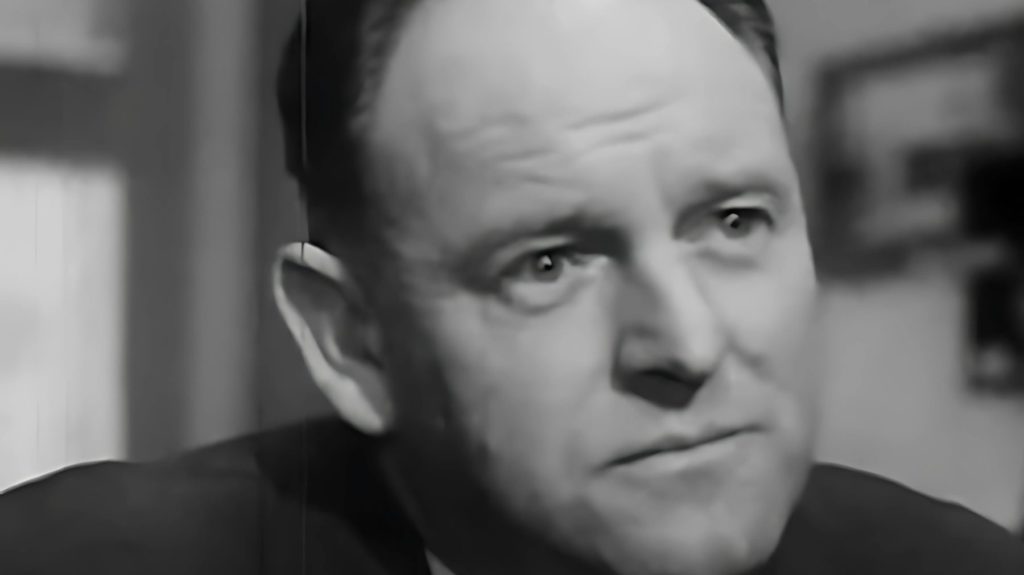
Lee portrayed M in eleven Bond films while battling hidden alcoholism. His tragic backstory included losing his beloved wife in a house fire, which led him to sink into depression and alcohol abuse. Reports suggest he drank secretly through straws in his dressing room, maintaining his professional image despite his struggles.
His addiction was allegedly so strong that he was locked in his dressing room during breaks from filming to prevent him from drinking. Still, Lee reportedly found a way, hiring someone to feed a straw through the keyhole. Despite his impressive capacity for alcohol, Lee preserved his career through discipline that his addiction couldn’t completely undermine. Cancer took him at 73, showing how some function despite addiction’s powerful hold.
7. Oliver Reed: The Untamed Force Who Couldn’t Escape His Intensity

Reed stalked across screens with predatory charisma, those piercing blue eyes creating an unmistakable presence in films spanning decades. His intensity wasn’t just acting—it was the same volcanic energy that made him impossible to contain once alcohol entered his system.
During Gladiator filming, Ridley Scott practically begged him to stay sober, knowing what hung in the balance. Reed promised not to drink during production but would indulge on weekends. His death on May 2, 1999, after challenging sailors to a drinking contest in Malta during production, robbed the cinema of one of its most authentic forces. As Scott later recalled, Reed simply “dropped down dead” on the floor of a pub—a reminder that even the strongest personalities can’t overpower addiction’s grip.
6. Peter O’Toole: Desert Wanderer, Lost in Spirits

O’Toole once recalled “going for a beer at one’s local in Paris and [waking] up in Corsica“—a Lawrence of Arabia who couldn’t navigate his journey through addiction. Despite eight Oscar nominations and performances that defined cinematic excellence, alcohol frequently controlled his narrative.
During the filming of Becket, he reportedly worked while intoxicated, his extraordinary talent somehow piercing through the haze. Health concerns eventually forced sobriety, but not before doctors removed parts of his digestive system—the physical cost of years of abuse. O’Toole died in 2013, leaving a legacy of brilliant work and warnings about excess.
5. Barbara Payton: Hollywood’s Meteoric Rise and Spectacular Fall
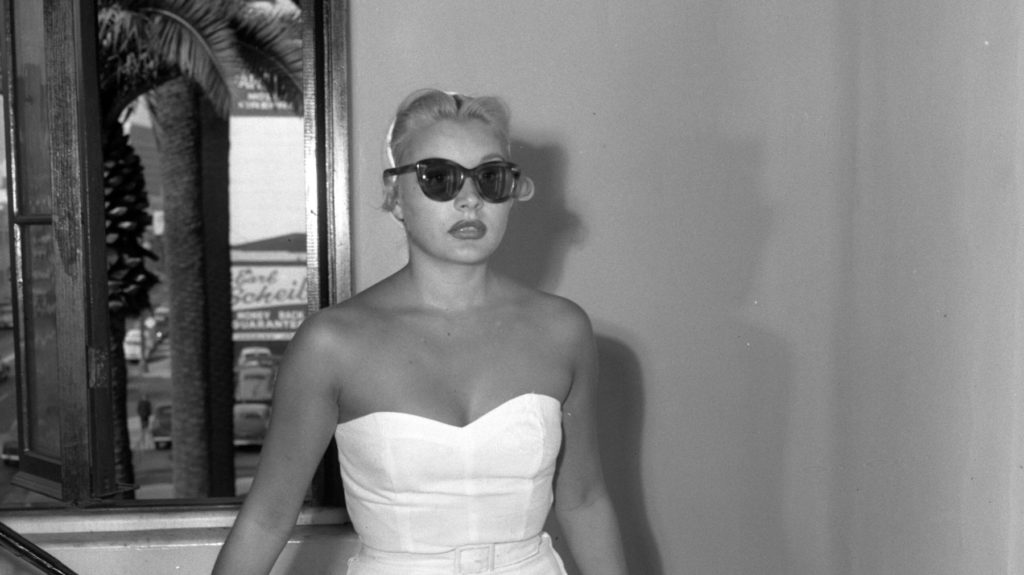
Payton’s Hollywood journey resembled someone hitting fast-forward on a tragic documentary. Her early 1950s ascent put her opposite James Cagney in “Kiss Tomorrow Goodbye,” with studios prepping her for major stardom. Then came the accelerated downfall.
From 1955 to 1963, her alcohol dependence and drug addiction led to multiple skirmishes with the law, which included an arrest on Sunset Boulevard for prostitution. By the mid-1950s, Payton was reportedly abusing alcohol and heroin. Her last film was 1955’s “Murder is My Beat.” A year later, in 1956, she lost custody of her 9-year-old son. Her rapid deterioration stands as a stark reminder of how quickly substance abuse can dismantle a promising life when an industry treats talent as disposable.
4. Humphrey Bogart: The Tough Guy’s Hidden Vulnerability

Bogart created performances in Casablanca and The Maltese Falcon that defined American cinema. Yet behind his tough exterior lurked a serious drinking problem that transformed him after midnight, when his personality often shifted dramatically.
His behavior could turn erratic or hostile—the screen legend becoming unrecognizable to those around him. Cancer claimed him in 1956, his health likely compromised by years of heavy drinking and smoking. Bogart’s story reveals how even legends prove vulnerable to addiction’s effects—the same man who delivered cinema’s most memorable lines struggled with demons no perfectly crafted screenplay could resolve.
3. Jan-Michael Vincent: The Star That Burned Too Quickly

Vincent’s striking looks and undeniable talent had industry insiders comparing him to major stars. His role in Airwolf brought unprecedented success, at one point making him television’s highest-paid actor. Then came the spectacular unraveling.
Multiple drunk driving convictions accumulated alongside physical injuries, including a broken back and eventually a leg amputation. Legal troubles and domestic violence allegations completed the picture of a life spiraling beyond control. His trajectory resembles a streaming algorithm gone haywire, recommending increasingly destructive choices until the original content becomes unrecognizable.
2. Richard Burton: The Voice That Alcohol Gradually Silenced
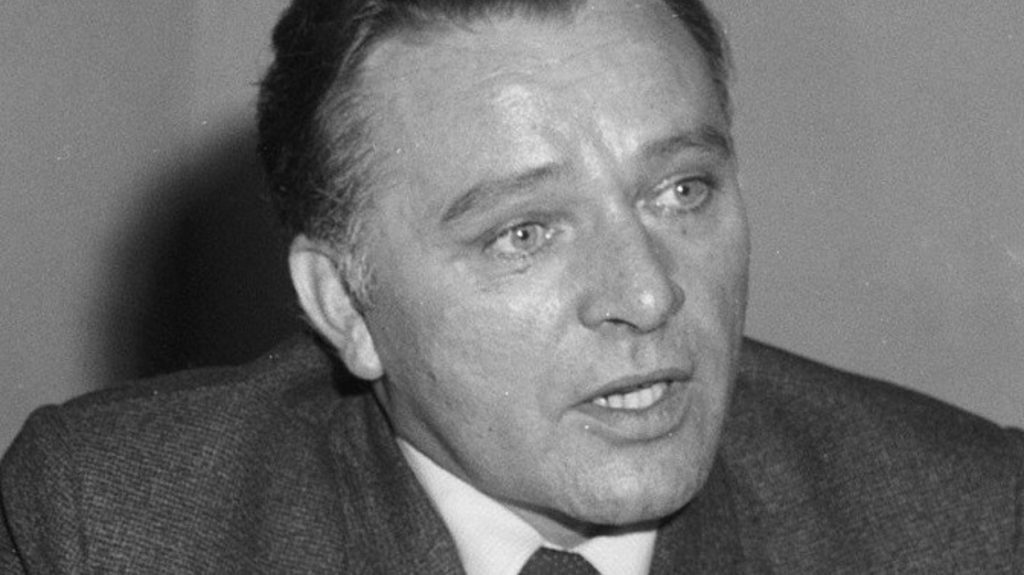
Burton possessed a voice that could make reading a phone book sound like Shakespeare. His commanding presence and unmatched vocal control made him a theatrical force of nature—yet alcohol had infiltrated his life since childhood.
At his lowest points, Burton consumed somewhere around three bottles of vodka daily—enough to floor most humans, yet he functioned with a tolerance built over decades. His death at 58 represents cinema’s great losses—like a streaming series canceled mid-season with countless stories left untold. His immense talent, though extraordinary, proved insufficient against addiction’s relentless progression. Similar struggles have affected countless music legends who battled addiction behind the spotlight, showing how substance abuse transcends artistic mediums.
1. W.C. Fields: The Comedian’s Tragic Punchline

Fields brought laughter to millions with his curmudgeonly yet endearing persona, dying at 66 from an alcohol-related stomach hemorrhage. Few fans realized the extent of his daily consumption behind the comedy.
By most accounts, Fields detested drunks—they made for lousy company—but he wore his alcoholism well, like the askew top hat for which he became famous. He would bring a cocktail shaker filled with gin to work, which he referred to as his “pineapple juice.” After several stints in rehab, he eventually sold all his stuff and checked himself into the Las Encinas Sanitarium, where he drank himself to death on gin, vermouth, and beer.






